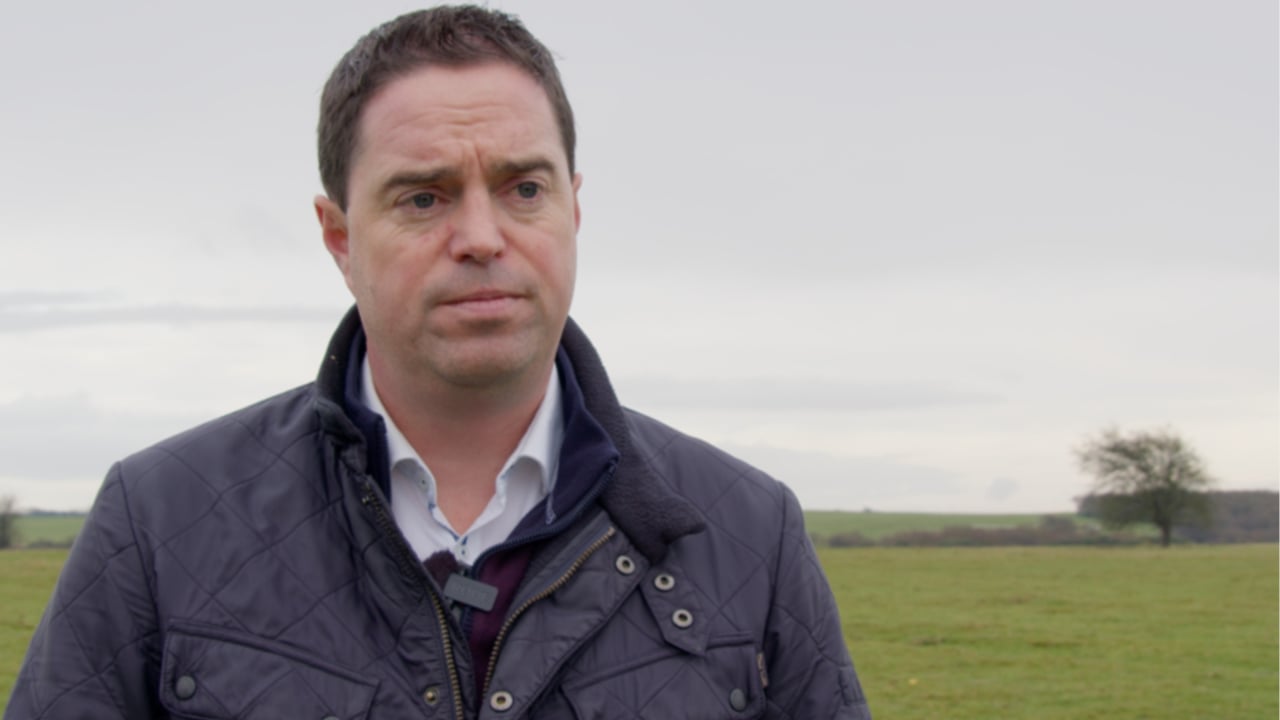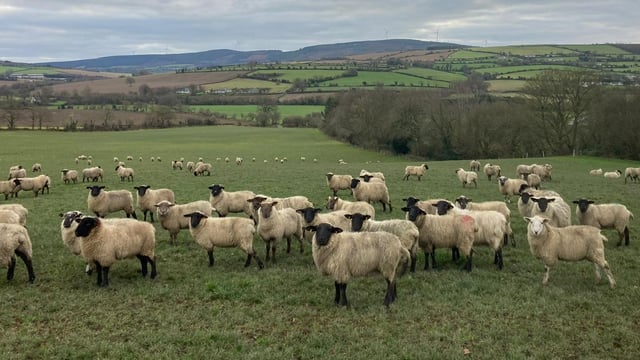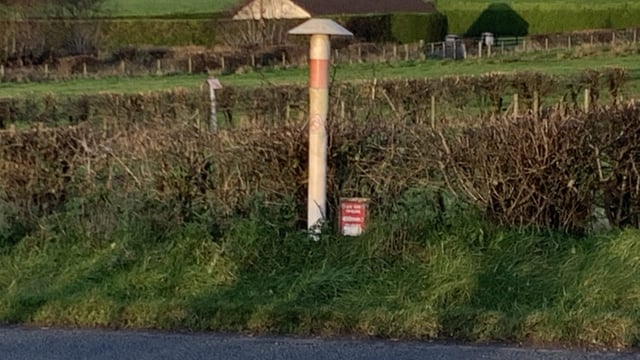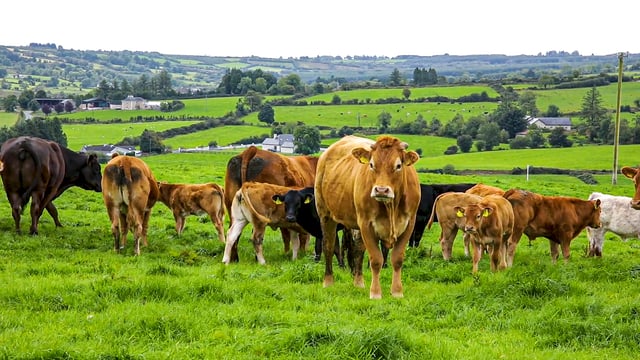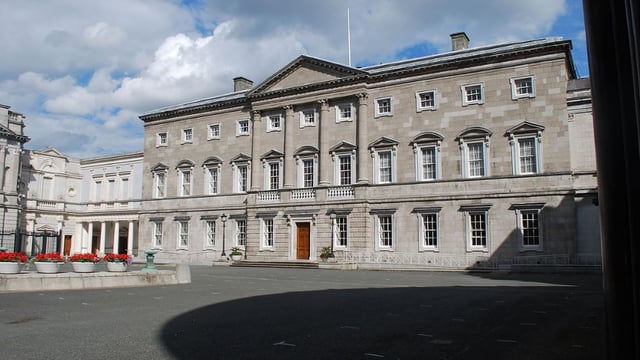Heydon: Farm payments capping could have 'unintended effects'
Minister for Agriculture, Food and the Marine Martin Heydon has told his EU counterparts that the proposals on capping and flattening farm payments could have "unintended effects" on farm productivity.
Minister Heydon was speaking at a meeting of agriculture ministers in the Council of the EU today (Monday, November 17), in which the future of the Common Agricultural Policy (CAP) after 2027 was one of the topics discussed.
The proposals on the future CAP, which were announced during the summer, will see a further strengthening of the principal of degressivity, whereby scheme payments are subject to an absolute limit for each beneficiary (capping) with payment values approaching that limit being reduced (degressivity).
During his contribution in the council today, Minister Heydon said that Ireland supports the intention to target income support more effectively to farmers who are most in need, particularly small and family farms.
"However, we remain concerned that the proposed capping and degressivity measures could have unintended effects on production capacity," the minister said.
"In Ireland, initial modelling suggests that while only a small percentage of farms would be affected by the degressivity proposals, those farms account for a significant share of total agricultural output," he added.
"These are the farms that underpin both national and EU food security, and reducing their supports too sharply risks undermining production capacity and resilience.
"These farms are also the ones most likely to attract new entrant young farmers. The CAP most therefore balance fairness and competiveness, ensuring adequate support for smaller farms while sustaining viable production at all levels," Minister Heydon said.
He added: "Flexibility will be key so that member states can take account of regional realties, labour intensity, and sectoral needs."
Food security
Agri ministers also commented on the impact the new CAP could have on food security, and the possibility of establishing strategic reserves of agri-food products.
On this, Minister Heydon commented: "Ireland recognises that food security faces a range of risks, from geopolitical instability, trade disruptions, climate shocks, and input shortages.
"Strategic reserves of key agricultural products could help mitigate these risks. However, Ireland believes any such reserves must be designed carefully. They should remain exceptional, transparent, and market orientated," he added.
Partnership plans
The European Commission indicated earlier in the year that funding for the traditional farm payments would be made available through newly-proposed National and Regional Partnership Plans (NRPP).
The intention of these plans is consolidate funding allocations for each member state into a less complex 'pot', with member states then deciding how to spend the money.
Minister Heydon reiterated concerns about these proposals at the council meeting today.
"Ireland remains seriously concerned that the proposed CAP budget, as part of the wider NRPP framework, is not sufficient to deliver economic, social and environmental objectives," he said.
"The reliance on non-ringfenced NRPP allocations to top up CAP funding introduces uncertainty, and risks undermining a level playing field between member states."
Minister Heydon warned that the move towards this "single programming framework" risks complexity, uncertainty, and the potential "renationalisation" of policy delivery.
He also raised the possibility that such a radical change in the structure of how farm payments are made may put further pressure on member states' systems for rolling out farm schemes.
"Ireland's priority is for certainty and stability for rural communities. To ensure effective administration we need a structure that will allow the current CAP-specific management and financial systems, in which all member states have invested heavily very recently, to roll-over as smoothly as possible," the minister said.

